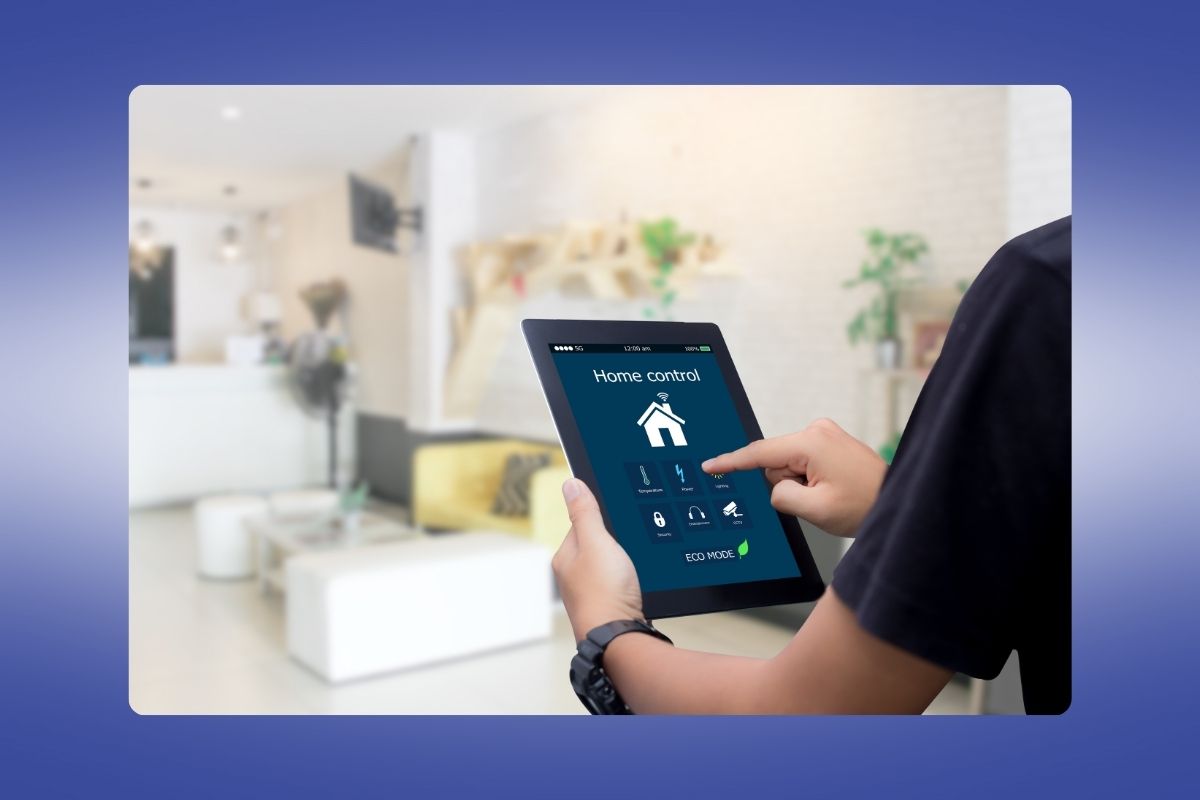Darsazma News Hub
Your go-to source for the latest news and insightful information.
Smart Homes or Smart Prisons? The Dilemma of Home Automation
Explore the fine line between convenience and control in home automation—are smart homes enhancing lives or creating smart prisons?
The Fine Line: Are Smart Homes Leading to Smart Prisons?
As technology becomes more integrated into our daily lives, the concept of a smart home has transformed from a futuristic vision to an everyday reality. Smart homes utilize interconnected devices to enhance convenience, security, and efficiency. However, beneath the surface of convenience lies a growing concern about privacy and surveillance. Critics argue that the pervasive presence of smart devices can lead us to unknowingly relinquish control over our personal spaces, effectively creating conditions akin to smart prisons. These homes are equipped with cameras, smart assistants, and sensors that monitor activity 24/7, sparking a debate on whether the benefits outweigh the potential risks.
The fine line between safety and surveillance raises significant ethical questions. For many, the allure of a smart home lies in its ability to anticipate our needs and secure our environments; however, this reliance can also result in a loss of autonomy. Instances of data breaches and unauthorized surveillance are increasingly common, leading some to liken smart homes to digital prisons where residents are constantly monitored. As we continue to embrace technological advancements, it is essential to consider if we are trading our freedom for convenience. Engaging with resources like Privacy International can provide insight into maintaining privacy without sacrificing smart features.

Home Automation vs. Surveillance: Where Do We Draw the Line?
Home automation and surveillance technologies have become increasingly intertwined, leading to complex discussions about where to draw the line. On one hand, smart home automation enhances comfort and convenience, allowing homeowners to control lighting, heating, and other systems remotely. However, these systems often include surveillance features such as doorbell cameras and smart locks, which raise significant privacy concerns. Users must ask themselves: at what point does the convenience of home automation cross the line into invasive surveillance?
As we navigate this landscape, it is essential to consider the implications of integrating surveillance with home automation. A recent report by Pew Research indicated that many consumers are unaware of how their data is being used, which can lead to serious privacy breaches. To strike a balance, homeowners should prioritize transparency and control by choosing systems that offer privacy settings and clear data policies. Ultimately, it's not just about what technology can do, but also about how it impacts our daily lives and privacy.
Is Your Smart Home Watching You? Exploring the Dangers of Home Automation
As smart home technology proliferates, home automation systems are becoming an integral part of our daily lives. Devices such as smart speakers, cameras, and thermostats offer unparalleled convenience and control. However, this convenience comes with a price: the potential invasion of privacy. Many of these devices are always listening and collecting data about your habits and preferences, which raises the question, is your smart home watching you? This concern is not unfounded; recent incidents involving smart devices have highlighted how easily they can be hacked or manipulated, allowing unauthorized access to your personal information. Reports suggest that some smart home devices may even be recording conversations without users' knowledge.
The implications of these vulnerabilities are profound, as they not only compromise your privacy but can also pose serious security risks. For instance, smart locks that are easily breached may endanger your home’s safety, while insecure cameras can expose live feeds to unwanted viewers. To mitigate these risks, it's crucial to implement strong security measures such as regular software updates, using strong, unique passwords, and being cautious about which devices you allow into your home. By staying informed and proactive, you can enjoy the benefits of home automation while protecting your privacy. For further insights into securing your smart home, check out these guidelines.